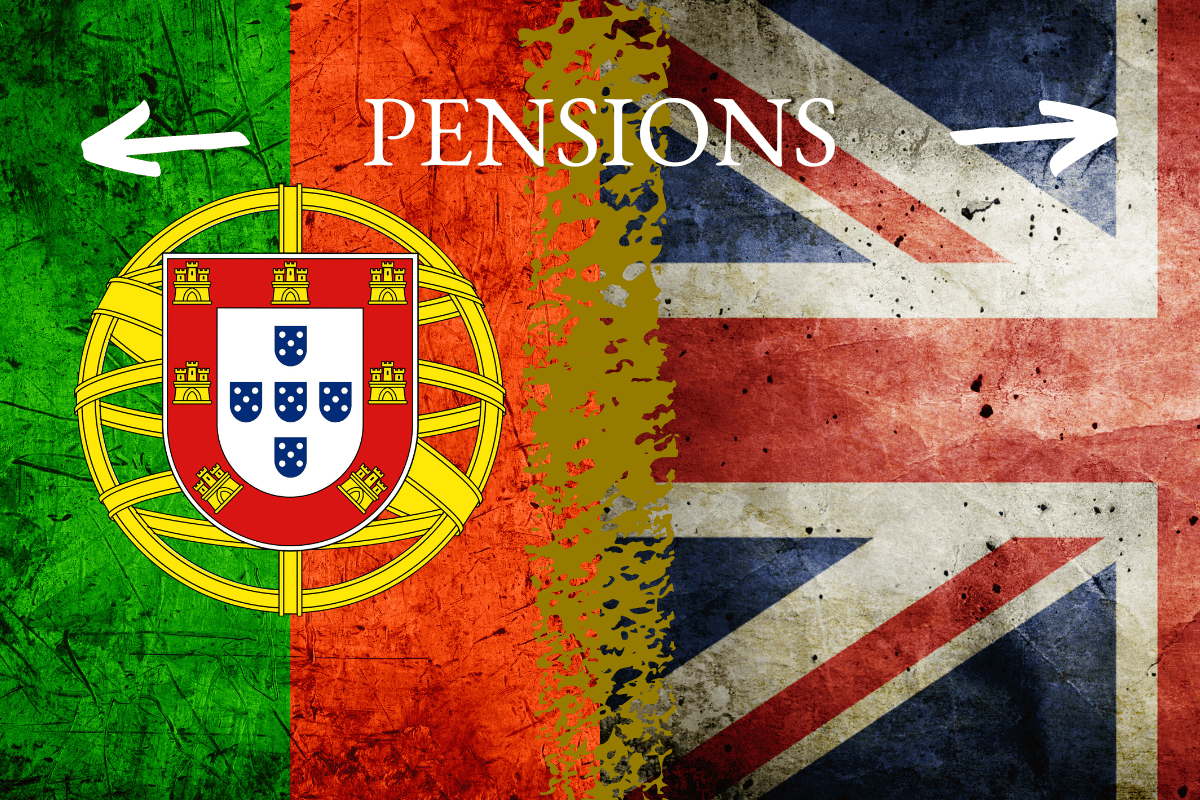Over the years we have seen different ways of reporting pensions in Portugal. This is because the Portuguese rules do not quite fit the complex UK pension rules and there is also a lot of confusion, even amongst professionals, about the nature of pensions. Sometimes this results in a favourable outcome, but in other instances, we have seen people paying more tax than they need to.
What is a pension in Portugal?
Portugal views a pension as a regular series of income payments. This can get confusing as from a UK context, pensions can be paid out as a series of income payments or lump sums.
Portuguese law does not specify a time period for payments to be deemed a pension, but it is generally considered amongst professionals that payments made on predetermined dates and at predetermined amounts would be deemed pension income.
Ad hoc payments could be deemed lump sums and would receive different tax treatment (as long there were no employer contributions). Here, the growth element is taxed at 28% and the capital is returned free of tax. There is a tax reduction of 20% after 5 years and 60% after 8 years. It is best to speak to your accountant on reporting options as they will be performing your submission.
UK Government pensions
These pensions are acquired by working for the state. In the UK these are generally armed forces, local authority and some types of NHS pensions (a full list can be found on HMRC’s website).
These are always taxable in the source country and tax is deducted at source. Portugal does not tax these pensions, but they must be reported in Portugal, and they do count when assessing your other taxable income in Portugal.
All other pensions are taxable in Portugal (not the UK) and each person has an annual deduction of €4,104 against pension income
UK state pension
The UK state pension is taxable in Portugal only. No tax is due in the UK. The pension can be paid out free of tax to you from the UK once HMRC are satisfied you are no longer a UK resident. Otherwise, UK tax will be deducted at source and you must reclaim this.
For Non-Habitual Residents (NHR), the tax due in Portugal is 10% (unless you have pre 31st March 2020 NHR, in which case it is 0%). For normal residents, scale rates of tax apply which for 2023 are 14.5% to 48%.
Occupational pensions
These pensions are funded solely by an employer, or by employer and employee contributions from pre-tax income.
If you can determine the split between employer and employee contributions, the former are taxed at the prevailing rate and the latter can receive 85%/15% treatment i.e. 85% is returned free of tax and 15% is taxed at the prevailing rate. If this cannot be determined, the whole amount will be taxed at the prevailing rate of tax.
For NHRs, the rate is 10% (or 0% for pre-2020). For non-NHRs, it is the scale rates of tax.
Personal pensions
Where a personal pension was solely funded by personal contributions made with after-tax income, then it is possible to apply long-term savings taxation rules which can be more favourable. Here, only the growth element of any income received is taxed at 28%, with tax reductions after years 5 and 8 resulting in effective rates of tax of 22.4%and 11.2% respectively.
If there are contributions made in resect of employment activity e.g by an employer or via pre-tax income, then scale rates are likely to apply to the full pension, unless you can distinguish between the contributions.

















